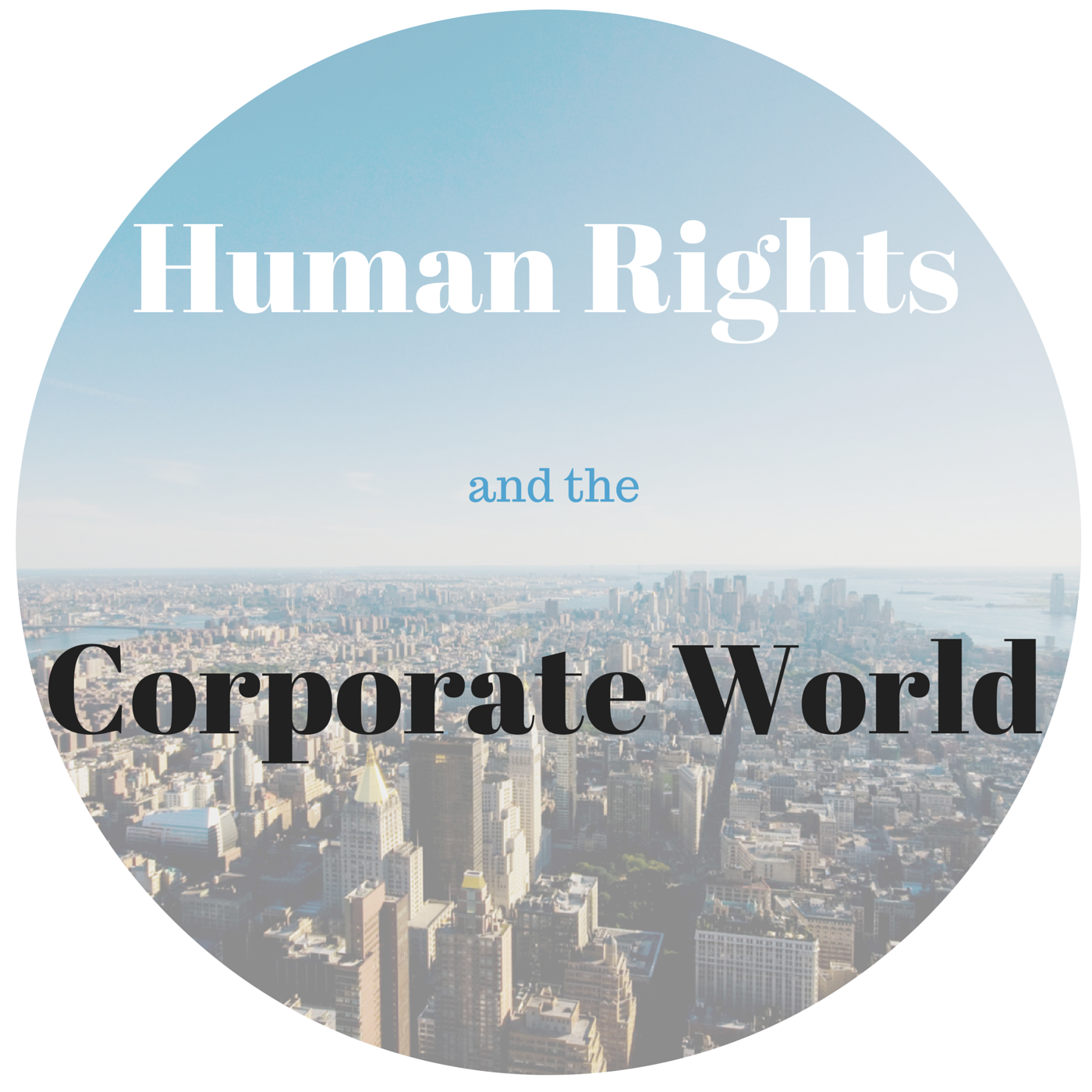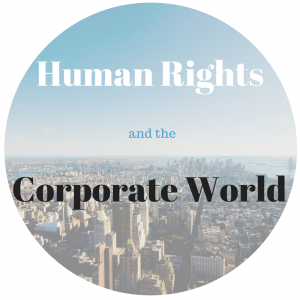With great unrest pertaining to the constant human rights violations being brought to the World’s notice, people have come ahead and questioned, do the numerous human rights treaties and laws really work? Do they actually hold up the moral platform they are expected to? Or are they too ambiguous for the modern society which likes to crawl through the loopholes?
We shall stick to a strict ‘Corporate‘ point of view in attempting to answer these questions. Our intent to take the corporate view will be to assess the functioning of these laws in the strictest, most fast paced institutions of the world; and to look at some drawbacks and counter policies aiming to mend those. In the corporate facet of the world, human rights laws have played up corporate responsibilities to a whole new level; successfully binding ethics to business.
In order to assess and establish our conclusions on a logical basis, we need to start out by understanding the basis of human rights laws in the corporate world. In the next few segments, we shall aim to cover the very material, before arriving at a conclusion.
According to agenda item 3 of the 17th session of the UN’s Human Rights Council,
“Corporate and securities law directly shapes what companies do and how they do it.
Its implications for human rights, however, remain poorly understood. Corporate law and
human rights are often viewed as distinct legal and policy spheres, populated by different
communities of practice.”
However, in the early 2009, a Corporate Law Project (CL) was established by the Special Representative of the Secretary General. What the project aimed to do was to identify whether and how corporate and securities law in 39 jurisdictions encourage or impede companies’ respect for human rights, by involving more than 20 leading corporate law firms from around the world. The Project is considered to be the first in-depth, multi-jurisdictional exploration of the links between corporate and securities law and human rights; and is a crucial milestone which provides for a solid foundation for our study.
The CL’s findings were interesting, and yet somehow, predictable. What it observed was, two trends- one being lack of clarity in corporate and securities law regarding not just what companies or power heads should do regarding human rights, but what they are permitted to do. The other being limited to no coordination or contact between the companies and Governmental institutions working in the domain of Human Rights. Thus two problems were established- ambiguity in some facet of the Human Rights Laws, and absence of coordination.





8 Comments. Leave new
Well explained!
Nice one!
In our country, we counter each and every positive step to east by a positive step to south, with SEBI covering up for the consumers and Company Law being an umbrella for the companies, we’re actually getting nowhere.
You explained quite well.. Good job!
nice one…….good job!
Wonderful article.
Good one
Nice work!